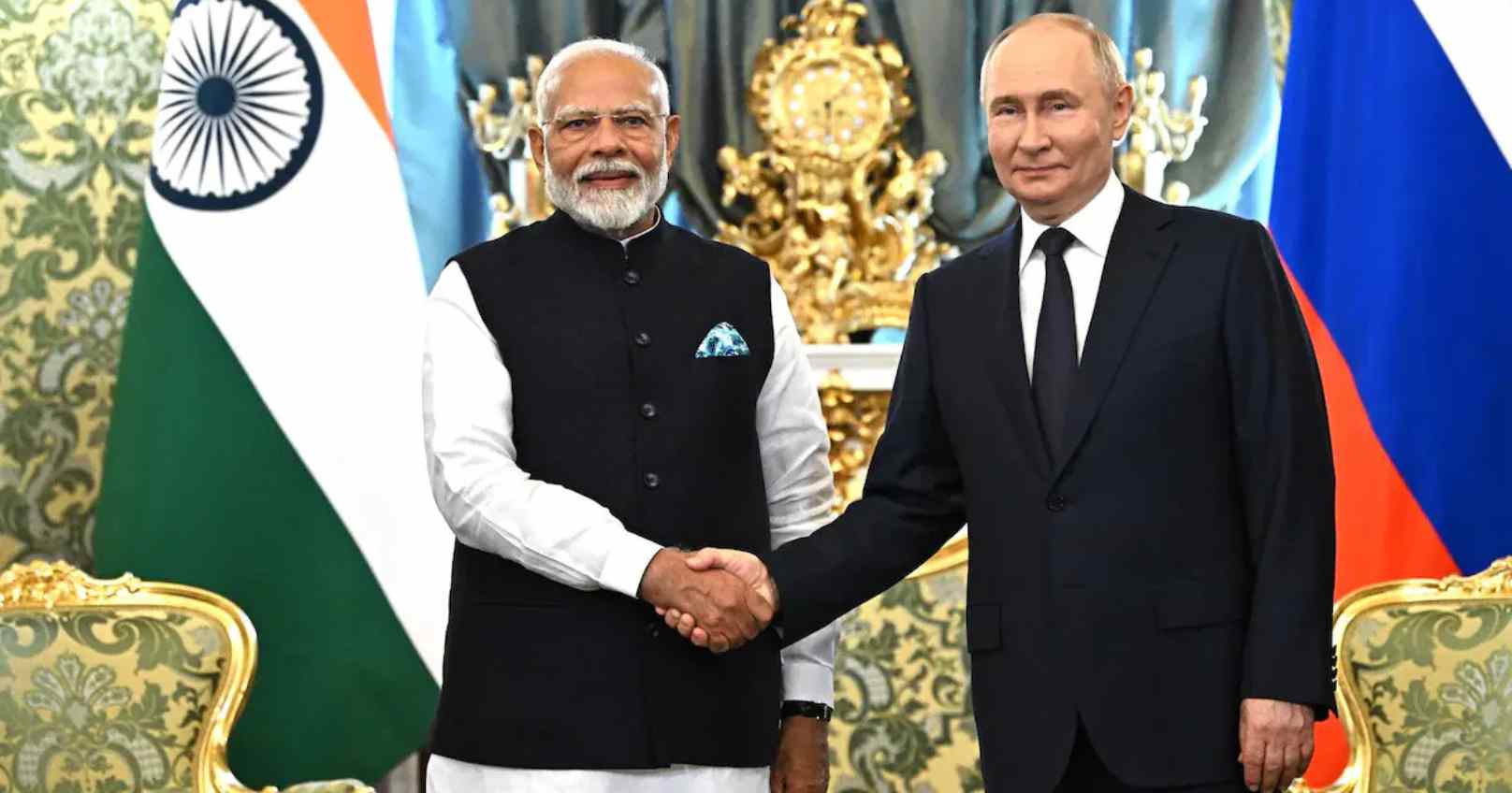Russia confirmed on Thursday that President Vladimir Putin will be visiting India soon, following an invitation extended by Prime Minister Narendra Modi during his Moscow visit last year. This marks Putin's first trip to India since the onset of the Ukraine conflict in 2022.
Russian Foreign Minister Sergey Lavrov stated that preparations for the visit are underway, although he did not specify the exact dates. "President Vladimir Putin has accepted the Indian Prime Minister’s invitation," Lavrov announced.
He further highlighted that PM Modi prioritized Russia for his first overseas visit after securing a third term in office. "Now, it’s our turn," Lavrov remarked.
The discussions between the two leaders are expected to encompass the Ukraine crisis and the global political landscape, particularly in light of Donald Trump's return as US President.
India has maintained a balanced position on the Ukraine conflict. While PM Modi has consistently emphasized to Putin that war is not a solution, India has refrained from openly criticizing Russia. It has also abstained from UN resolutions condemning the invasion.
Notably, PM Modi was among the few world leaders in 2024 to visit both Moscow and Kyiv, where he engaged in talks with Ukrainian President Volodymyr Zelenskyy. Additionally, the Prime Minister attended the BRICS Summit in Kazan in October.
During his visit to Moscow for the 22nd Russia-India summit, PM Modi and President Putin displayed a strong rapport. Their warm embrace and handshake at Putin's residence gained significant attention. Videos of the two leaders conversing over tea, attending a horse show, and Putin personally driving Modi around in a golf cart were widely shared on social media.
India and Russia share a longstanding strategic partnership, with Moscow serving as a crucial defense supplier. In response to Western sanctions, Russia has also provided India with discounted oil. During PM Modi’s visit last year, both nations committed to doubling their bilateral trade to USD 100 billion, reinforcing their economic cooperation.







